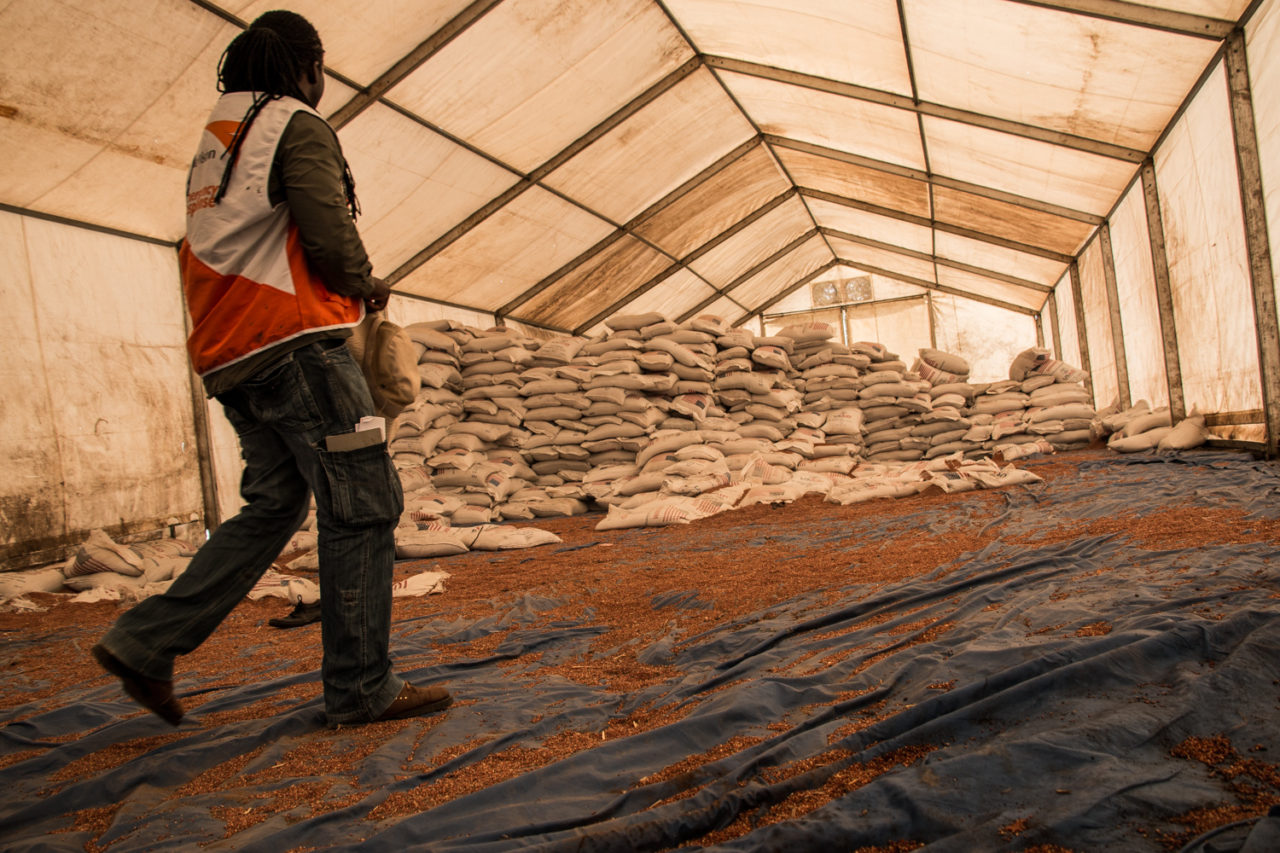World Vision Resumes Limited Operations in Upper Nile after Violence, Looting Shut Down Programs
Media Contact :
June 15, 2015
Senior Public Relations Manager
[email protected]
m 202.679.1620
Media Contact :
June 15, 2015
Senior Public Relations Manager
[email protected]
m 202.679.1620

JUBA, South Sudan (June 15, 2015 — On Monday, World Vision began resuming limited operations in Upper Nile, South Sudan after suspending programs last month due to violence. A small team of emergency experts trained in food assistance, shelter, and water traveled to two hotspots in the conflict, Melut and Wau Shiluk, to restart programming for approximately 40,000 people. [See photos of that trip here].
World Vision worked in a number of locations throughout Upper Nile before the latest outbreak of violence, aiding hundreds of thousands of people with food, water, and child protection programming. Today, some of these communities are nearly deserted.
“Melut is deserted. Almost 50,000 people have disappeared,” said Fred McCray, World Vision’s operations director in South Sudan. “All that is left of the town is burned-out buildings. Our compound has been looted and equipment damaged or destroyed. It will take us time to get our programs back up and running, but we are working urgently, competing against the potentially swift spread of hunger and disease.”
“Communities are in dire need of food – the last food distribution here was in March,” said Lilian Mumbi, World Vision’s emergency response manager. Mumbi traveled with the team to Wau Shiluk. “We are concerned that if we don’t start addressing these needs immediately, we will have a much bigger problem on our hands.”
Wau Shiluk is also a cholera hot spot in Upper Nile. World Vision’s team will be building latrines to help improve hygiene and sanitation and limit the spread of deadly diseases like cholera which can spread quickly in densely-populated communities as displaced families are living together.
World Vision’s programs remain suspended in Unity State where the violence continues to threaten the lives of children and families. The aid agency estimates that at least 50,000 children are at risk of malnutrition without access to emergency food assistance. World Vision continues to urge all parties in the conflict to respect the work of aid agencies and allow us safe passage to provide humanitarian assistance.
The news comes as donors meet this week in Geneva for the United Nations’ Economic and Social Council (ECOSOC) conference on humanitarian funding.
Over $200 million in pledges from February’s Nairobi Conference are still outstanding, and funding for the overall response falls $1 billion short of the projected needs.
If donors cannot meet the additional 50 percent, World Vision is concerned it may need to end or dramatically reduce its programming for children in South Sudan.
In May 2014, World Vision warned that if urgent action wasn’t taken in South Sudan, the situation would become unimaginably worse for children. More than a year later, violence is escalating with more children separated from their families, at risk of violence, out of school, and being recruited into armed groups.
“If we are to make an impact on the course of this country, we need to put children first,” said Perry Mansfield, World Vision’s national director in South Sudan.
– END –
About World Vision:
World Vision is a Christian humanitarian organization conducting relief, development, and advocacy activities in its work with children, families, and their communities in nearly 100 countries to help them reach their full potential by tackling the causes of poverty and injustice. World Vision serves all people regardless of religion, race, ethnicity, or gender. For more information, please visit www.WorldVision.org/media-center/ or on Twitter @WorldVisionUSA.